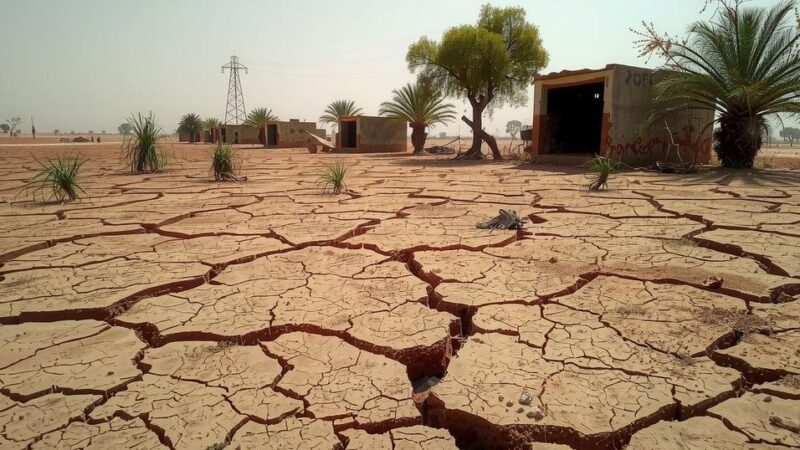The International Seabed Authority (ISA) has resumed discussions in Jamaica on regulating deep-sea mining, amid environmental concerns and a looming license application from a metals company. While some representatives advocate for a precautionary pause, others stress the need for regulatory progress, highlighting the tension between environmental protection and industrial interests. The ISA aims to finalize a mining code this year, with renewed expectations under new leadership.
Discussions regarding deep-sea mining regulations resumed in Jamaica, with several countries joining campaign groups to advocate for caution. A meeting organized by the International Seabed Authority (ISA) is focused on establishing the first mining code for deep-sea extraction, an endeavor criticized for threatening marine ecosystems. Meanwhile, a metals company is poised to submit a license application, accentuating the urgency of this matter.
French envoy Olivier Guyonvarch expressed concerns, stating, “We are still far away from any consensus on a final mining code,” reflecting a lack of agreement evident in the current draft, which is fraught with caveats. A representative from Costa Rica emphasized the need for a “precautionary pause” to allow for data collection and legal groundwork, although this suggestion has garnered limited support from the ISA’s 169 members.
The UN Convention on the Law of the Sea designates the ISA as responsible for regulating the extraction of seabed minerals beyond national boundaries while ensuring the protection of fragile marine environments. Negotiations on a mining code, which has been ongoing for over a decade, have gained momentum following a recently activated clause that permits companies to seek exploration licenses independent of the code, although significant issues remain unresolved.
Concerned about the potential adverse impacts on their economies, African nations voiced that underwater extraction should not hinder their existing mining industries or sustainable development goals. Conversely, industry representatives have criticized the delays in agreeing upon a mining code, citing escalating legal and financial uncertainties stemming from the ongoing negotiations.
Corporate players like Nauru Ocean Resources Inc. are planning to move forward with extraction applications, raising opposition from countries like Chile, which argue for a structured approach to approvals only after crafting a comprehensive code. Sofia Tsenikli from the Deep Sea Conservation Coalition underscored the importance of standing firm against industry pressures that threaten ocean health and exacerbate global environmental crises.
With the ISA aiming to finalize the mining code this year, newly appointed chief Leticia Carvalho has called for substantial progress by July, signaling potential adjustments to the timeline for negotiations.
In summary, the recent meetings in Jamaica regarding deep-sea mining regulations have highlighted the urgent need for a balanced approach that considers both environmental protection and industrial interests. As the ISA works towards finalizing a mining code, the call for a precautionary pause reflects growing concerns about the impact of mining practices on marine ecosystems, especially from vulnerable regions like Africa. The upcoming negotiations under the new leadership of Leticia Carvalho may shape the future of deep-sea mining and its regulatory framework.
Original Source: www.youralaskalink.com






